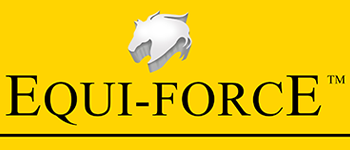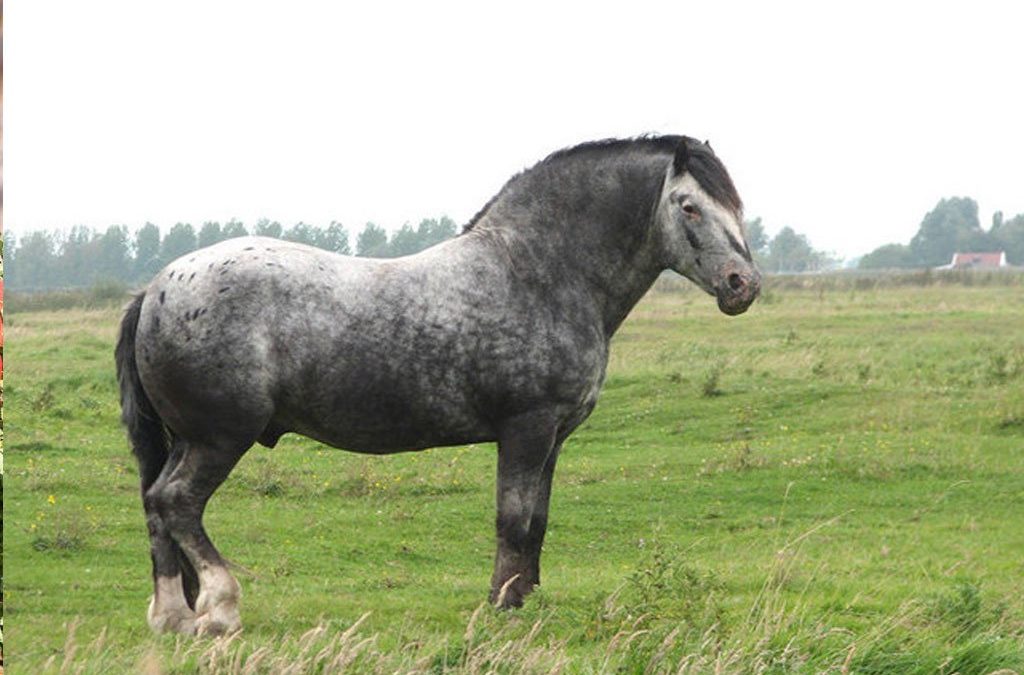Feeding and Managing the Overweight Equine – Complications of Obesity
Feeding and Managing the Overweight Equine is a two-part blog post. Today’s post introduces the topic of obesity in horses and the complications.
The obesity crisis no longer applies to humans. More and more nutritionists and veterinarians are seeing an increase in obesity within other species, including equines. Obesity in the equine population can partly be contributed to better quality nutritional products and pasture management, which over the years has made it easier for horses to get fat and stay that way. Another contributing factor is a lack of exercise; many horses get little to no exercise on a daily basis. What are the risks for an overweight horse? Overweight horses are prone to many disorders including:
- Organ failure
- Intolerance to exercise
- Higher oxygen requirements
- Problem pregnancies
- Developmental orthopedic disease
- Laminitis
- Possible predisposition to Cushing’s Disease
In addition to that list, horses of all ages that are overweight can also become insulin resistant, meaning when any amount of starch or sugar (soluble carbohydrates) is consumed, the horse will not be responsive to the effects of insulin, the hormone responsible for storing the starch and sugar in the cells. As the body’s cells become less and less sensitive to insulin, the body responds simply by producing more and more insulin. These higher levels serve to regulate blood glucose for a while, but eventually the body’s cells fail to respond even to these increasing levels of insulin, and eventually lead to total failure of the insulin-producing cells. Insulin resistance in horses is similar to Diabetes, which is one of the most common problems for humans that are chronically overweight.
All horses can become obese and therefore develop insulin resistance, but certain breeds are more predisposed than others. Cold blooded and pony breeds seem to pick up weight the easiest, so these breeds should be monitored and managed for proper weight from early in their life. If you are wondering if your horse is becoming obese, the Henneke Body Condition Scoring System is one way to evaluate your horse’s condition. Your equine nutritionist can also assist you in evaluating your horse’s condition and possible predisposition to conditions such as Cushings or Insulin Resistance. As a general note, horses with insulin resistance will usually have fat deposits on their body, which are a result of the body’s inability to use glucose, and it is inappropriately stored as fat.
Check back for our follow-up post on how to properly feed and manage the overweight equine!
This blog post was originally posted on Monday, August 15th, 2011 at Equine Nutrition and Health Services Blog. Blog article was re-posted with permission from blog owner, all rights reserved.
photo credit: Evelyn Simak

